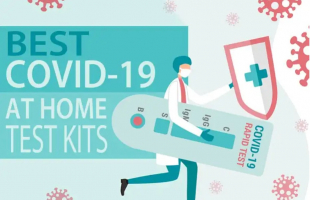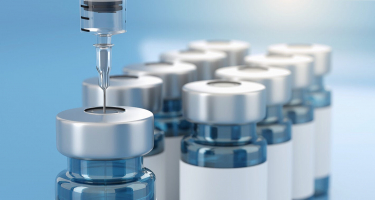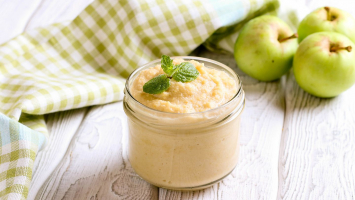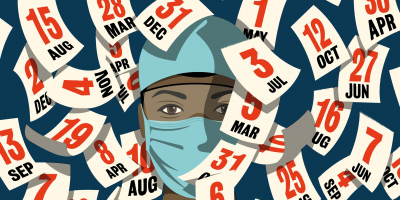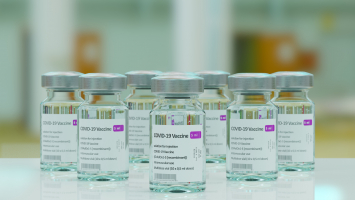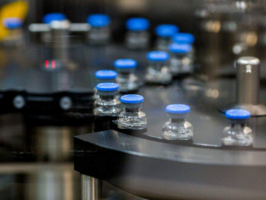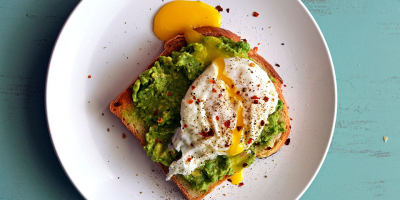Top 15 COVID-19 Vaccine Myths Spreading Online
Scientists and researchers were successful in developing COVID-19 vaccines. Vaccine candidates have recently been licensed in some countries and are in the ... read more...process of being approved in others, but disinformation regarding the safety and efficacy of any future vaccine is already jeopardizing its implementation. Accurate vaccination information is essential for preventing common misconceptions and rumors. It might be tough to choose which sources of information to believe. And here are the COVID-19 vaccination falsehoods that are circulating online, as well as the truth about them.
-
The COVID-19 vaccination has no impact on fertility. The fact is that the COVID-19 vaccination stimulates the body to produce copies of the spike protein seen on the surface of the coronavirus. This "trains" the body's immune system to fight viruses that have that specific spike protein. A bogus article on social media claimed that the spike protein on this coronavirus was the same as another spike protein called syncitin-1, which is involved in the development and attachment of the placenta during pregnancy. According to the misleading article, receiving the COVID-19 vaccination will force a woman's body to resist this different spike protein, affecting her fertility.
The two spike proteins are fully separate and unique, and receiving the COVID-19 vaccination will have no effect on the fertility of women attempting to conceive, including through in vitro fertilization treatments. During the Pfizer vaccination trials, 23 of the study's 23 female participants became pregnant, and the only one who miscarried had received a placebo rather than the genuine vaccine.
Getting COVID-19, on the other hand, might have major consequences for the mother's health and pregnancy. Find out more about the coronavirus and pregnancy. Johns Hopkins Medicine urges women to contact their medical providers if they have any more questions about COVID-19 and fertility or pregnancy.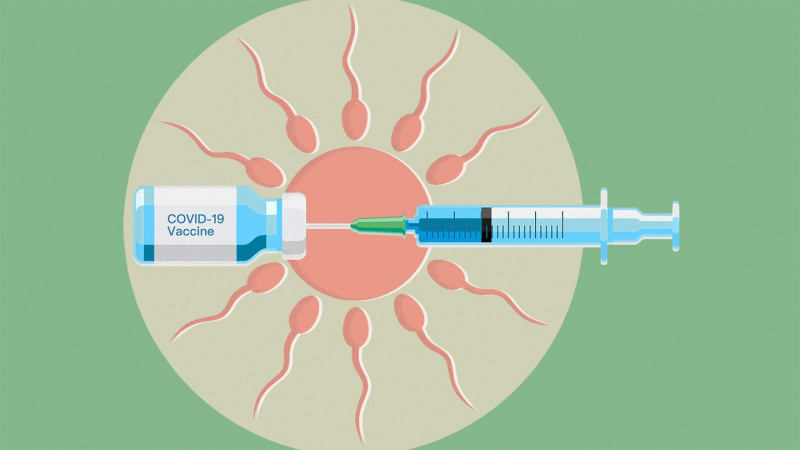
everydayhealth.com 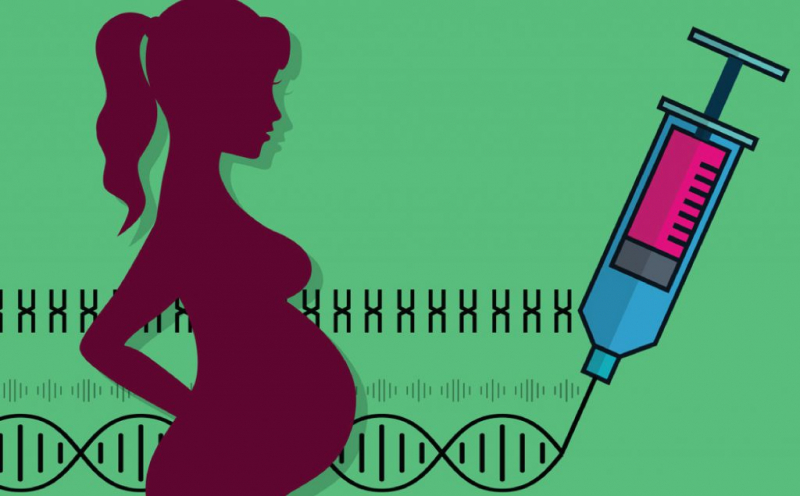
planadoption.org -
Whether you have had COVID-19 before or not, evidence continues to show that getting vaccinated against it is the best way to avoid acquiring it. According to a research released in August 2021, if you have COVID-19 previously and were not vaccinated, your chance of reinfection is more than two times higher than for individuals who were infected and were vaccinated. While data shows that persons who have previously had COVID have some sort of immunity, it is unknown how long you are protected from developing COVID-19 again. Furthermore, the degree of protection produced by the immunizations after having COVID-19 is greater than the level of immunity conferred by those who had COVID but were not immunized.
Getting immunized protects others more since the vaccination helps to decrease the spread of COVID-19. Tell your healthcare provider about your history of COVID-19 sickness, including the type of treatment you had, if any, and when you recovered, at the time of immunization. Wait until your seclusion time is through before scheduling an appointment for the immunization.
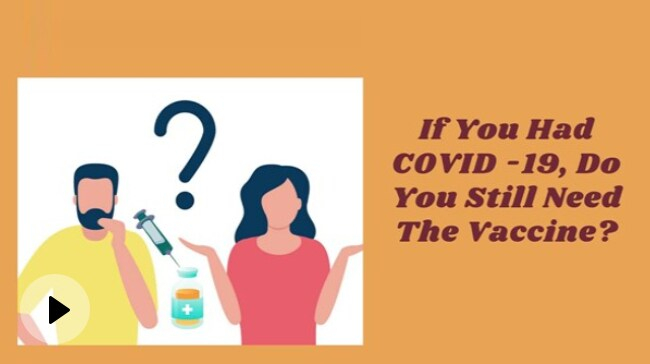
ndtv.com 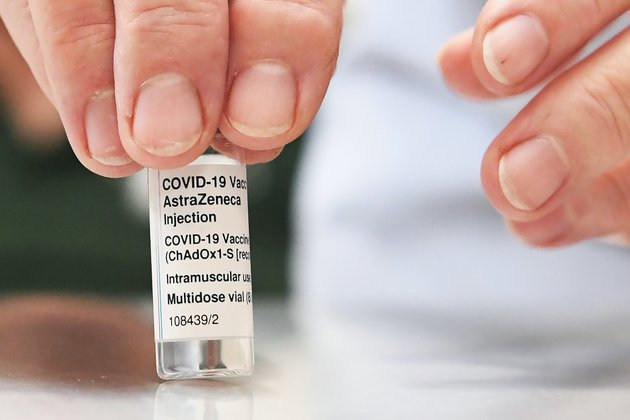
bignewsnetwork.com -
According to studies, the two first immunizations are both roughly 95% effective — with no major or life-threatening adverse effects. There are several reasons why COVID-19 vaccines might be created so fast. Here are a few examples:
- Pfizer/BioNTech and Moderna developed the COVID-19 vaccines using a technology that had been under development for years, allowing the firms to begin the vaccine development process early in the pandemic.
- China quickly identified and provided genetic information regarding COVID-19, allowing scientists to begin developing vaccines.
- The vaccine developers did not omit any testing phases, but instead performed several of them on an overlapping schedule in order to collect data quicker.
- Governments invested in vaccine development and/or paid for vaccinations in advance, thus vaccine initiatives had lots of money.
- Some COVID-19 vaccines were generated utilizing messenger RNA (mRNA), which provides for a speedier approach than the standard vaccine manufacturing method.
- Companies used social media to identify and engage study volunteers, and many were eager to participate with COVID-19 vaccine research.
- Because COVID-19 is so contagious and prevalent, it didn't take long to see if the vaccine worked for the vaccinated trial subjects.
- Companies began producing vaccines early in the process, even before FDA approval, so some supplies were ready when FDA approval was granted.
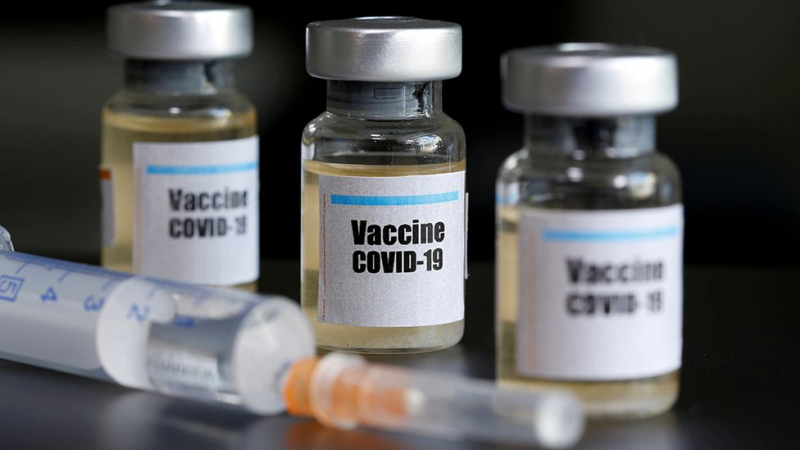
BBC 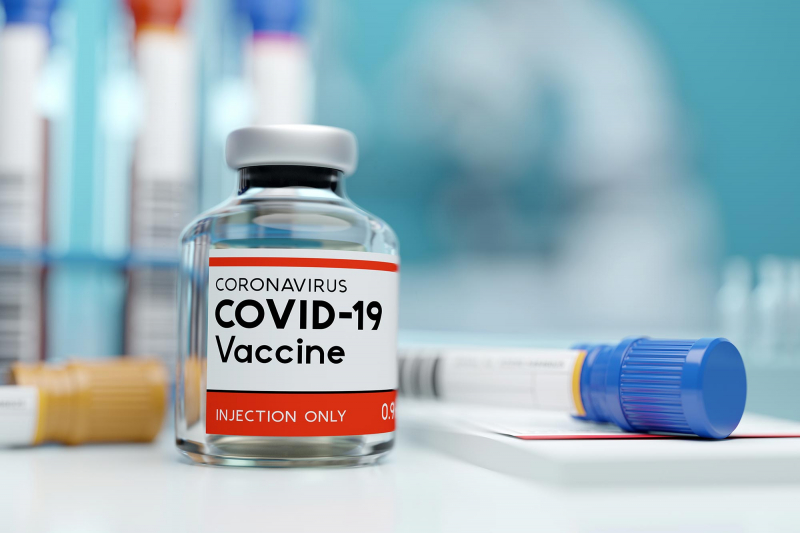
SciTech Daily -
Masks and social isolation will be suggested for some time after people have been vaccinated for a variety of reasons. To begin, the initial coronavirus vaccinations require two shots; Pfizer's second dosage arrives three weeks after the first, while Moderna's arrives four weeks later. Moreover, the effects of immunizations are not always instantaneous.
The CDC continues to monitor the transmission of COVID-19 and recommends that those who are completely vaccinated and those who are not fully vaccinated wear face masks. Masks and physical separation are also recommended by the CDC while visiting a doctor's office, hospitals, or long-term care facilities, including all Johns Hopkins hospitals, care centers, and offices. The existing mask safety requirements at Johns Hopkins Medicine have not altered, and all individuals are still required to wear masks within all of the facilities.
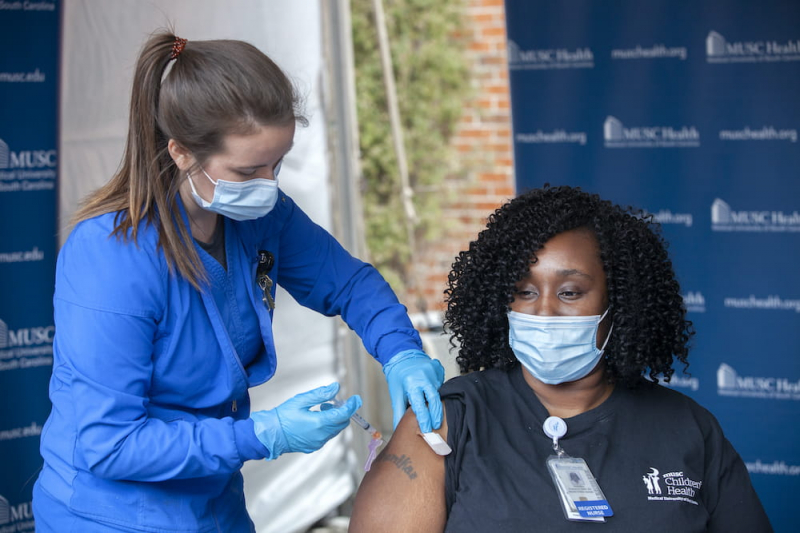
MUSC Medical Center 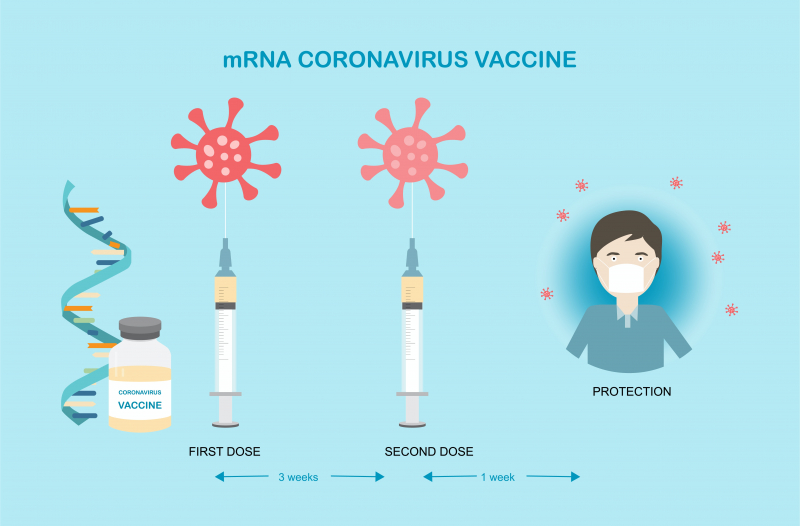
Yahoo! -
The Pfizer and Moderna COVID-19 vaccines may cause adverse effects; however, the great majority are minor and not hazardous. According to the vaccine creators, some patients suffer discomfort where they were injected, as well as body pains, headaches, and fever that continue for a day or two. These are indications that the vaccination is stimulating your immune system. If your symptoms last more than two days, you should consult your doctor.
Despite the modest risk, the CDC modified its guidelines in December 2021 because to the possibility of blood clots following delivery of the Johnson & Johnson vaccination. The CDC stated that the two mRNA vaccines from Pfizer and Moderna are preferable over the Johnson & Johnson vaccine, which is still available for people who want it and for use under specific conditions. If you have allergies, especially severe ones that need you to carry an EpiPen, talk to your doctor about the COVID-19 vaccine. He or she can assess your risk and offer further information about whether or not you can be vaccinated safely.
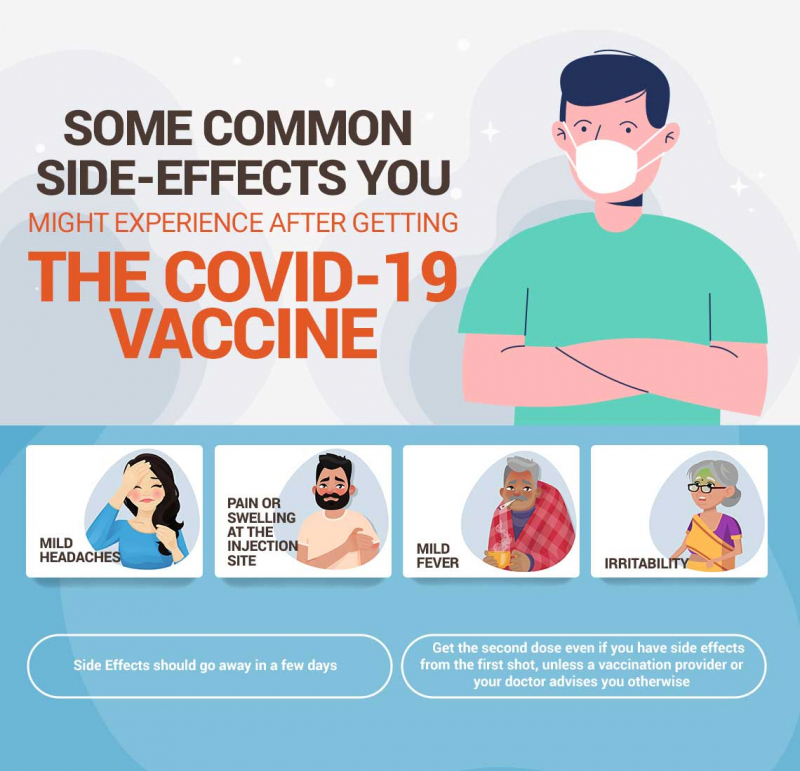
mohfw.gov.in https://www.youtube.com/watch?v=TS_TVRU_7rA -
The precise vaccination components differ depending on the manufacturer. Messenger RNA (mRNA) is also included in the Pfizer-BioNTech and Moderna COVID-19 vaccines, while the Johnson & Johnson/Janssen COVID-19 vaccination contains a harmless variant of a virus unrelated to the virus that causes COVID-19. The Novavax COVID-19 vaccine contains harmless fragments (proteins) of the virus that causes COVID-19; they are fragments of what is commonly referred to as the "spike protein".
These direct cells in your body to produce an immunological response. This reaction will help you from being ill with COVID-19 in the future. When the body creates an immune response, it discards all vaccination components in the same way that it discards any information that cells no longer require. This is a typical element of the body's functioning. Preservatives, tissues (including aborted fetal cells), antibiotics, dietary proteins, medications, latex, or metals are not included in COVID-19 vaccinations.
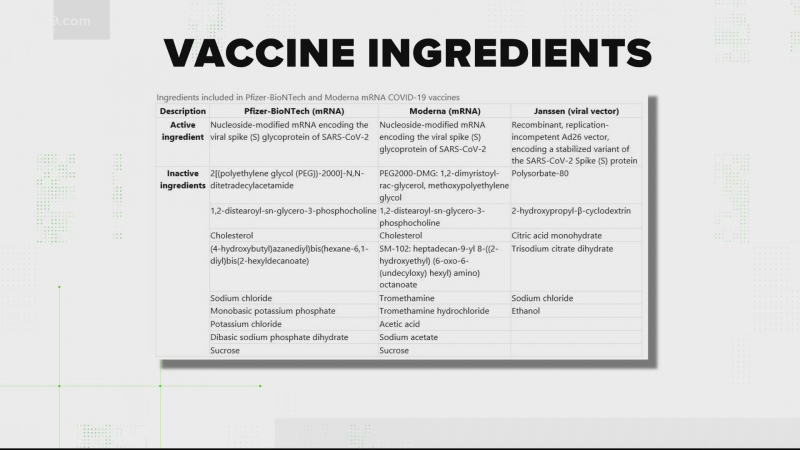
wfaa.com 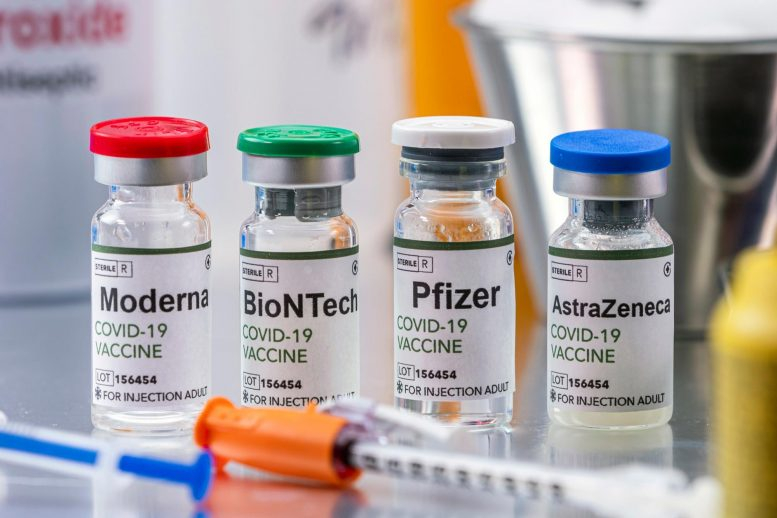
scitechdaily.com -
COVID-19 immunization produces a more predictable immunological response than infection with the COVID-19 virus. Getting a COVID-19 vaccination provides most people with high levels of protection against COVID-19 and can provide further protection for persons who have previously been infected with COVID-19. According to one study, those who have once had COVID-19 are more than twice as likely to develop it again if they do not get completely vaccinated after their recovery as those who do. All COVID-19 vaccines presently on the market in the United States are effective against the virus.
Getting sick with COVID-19 can provide some protection from future sickness, which is frequently referred to as "natural immunity", but the degree of protection people receive depends on how mild or severe their illness was, the duration since their infection, and their age.
Getting vaccinated against COVID-19 is also a safer strategy to establish immunity than getting sick with COVID-19. COVID-19 vaccine protects you by eliciting an antibody response without causing illness. Getting vaccinated may help protect those around you, especially those at at risk of serious disease from COVID-19. Getting sick with COVID-19 can result in serious sickness or death, and we don't know who will have moderate or severe disease.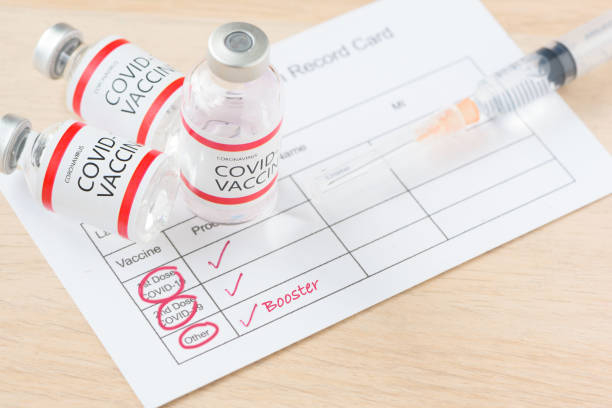
istockphoto 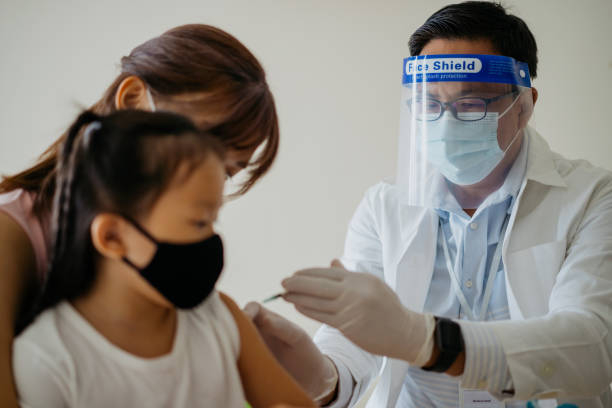
istockphoto -
Both messenger RNA (mRNA) and viral vector COVID-19 vaccines operate by sending instructions (genetic material) to our cells, allowing them to begin constructing defenses against the virus that causes COVID-19. When the body creates an immune response, it discards all vaccination components in the same way that it discards any information that cells no longer require. This is a typical element of the body's functioning.
The genetic material given by mRNA vaccinations never penetrates your cells' nucleus, where your DNA is stored. COVID-19 vaccinations delivered by viral vectors convey genetic material to the cell nucleus, allowing our cells to develop resistance to COVID-19. However, because the vector virus lacks the machinery required to integrate its genetic material into human DNA, it cannot modify people's DNA.
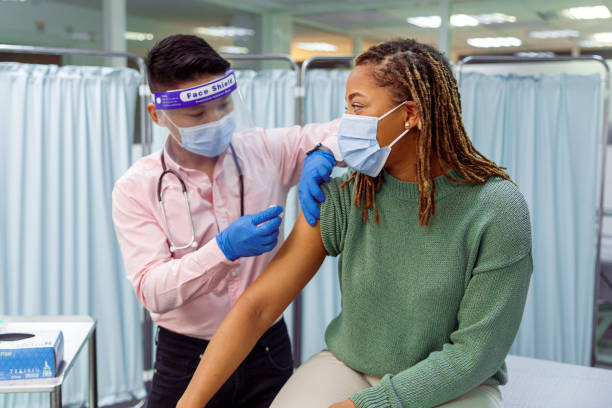
istockphoto 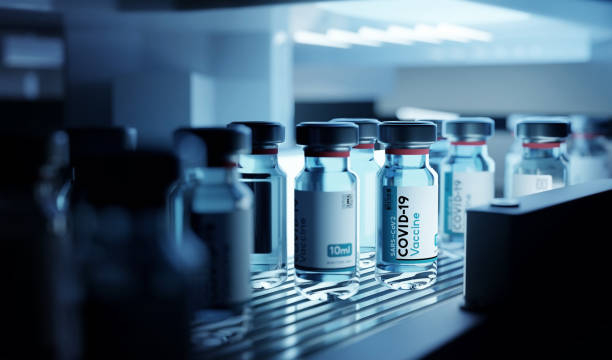
istockphoto -
There is no vaccination, COVID-19 or otherwise, that includes a microchip or other kind of monitoring. Researchers at MIT, with support from the Bill and Melinda Gates Foundation, released a study in December 2019 describing technology they created that can preserve a vaccination record on a patient's skin with an ink-like injection that can be read by a smartphone. According to Kevin McHugh, a Rice University bioengineering professor who worked on the project while at MIT, the device cannot follow patients' movements. According to the Gates Foundation, the research is unconnected to COVID-19.
Although Gates has stated that "digital certificates" may be used as part of a bigger immunization program, there is no indication that he or his charity has developed technology to track COVID vaccine users. The Gates Foundation informed Reuters that "the allusion to 'digital certificates' alludes to attempts to develop an open source digital platform with the purpose of broadening access to safe, home-based testing". During an interview with CBS News on July 22, 2020, Gates refuted the allegations. "There's no relationship between any of these immunizations and any tracking kind stuff at all. "I'm not sure where that came from", he said.
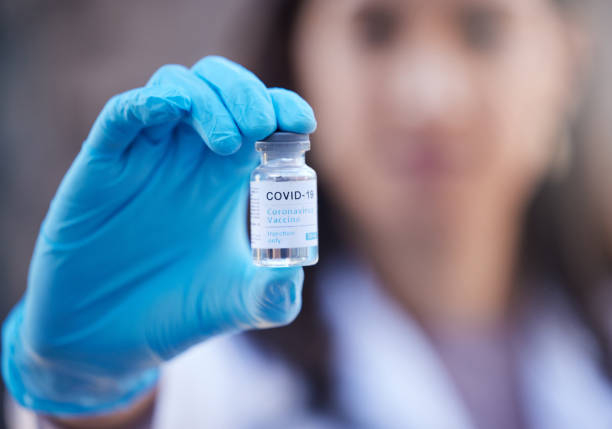
istockphoto 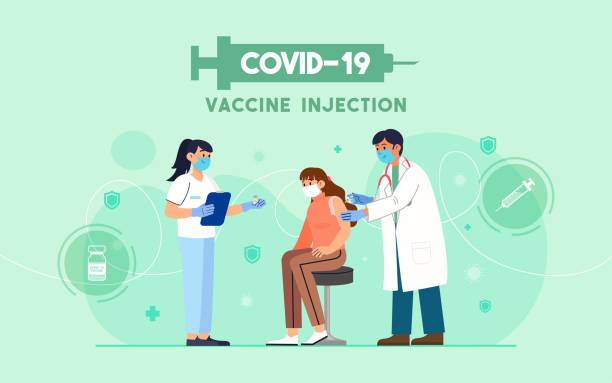
istockphoto -
This claim appears to have been made by British YouTuber Zed Phoenix, who claimed that an unnamed source at pharmaceutical company GlaxoSmithKline told him that 61 of the 63 women tested with a COVID-19 vaccine became infertile, and that a separate, male-specific vaccine "resulted in decreased testicular size, drop of testosterone levels, and marked atrophy of the prostate".
According to Reuters, Phoenix's assertions concerning the purported effects of these vaccinations appear to have been lifted directly from an unrelated 1989 research from the National Institute of Immunology in New Delhi, India. The use of anti-fertility vaccinations on baboons was investigated in order to consider potential therapy options for human cancer patients whose tumors are impacted by reproductive hormones. None of the COVID-19 vaccine candidates are gender-specific or connected to fertility in any manner.
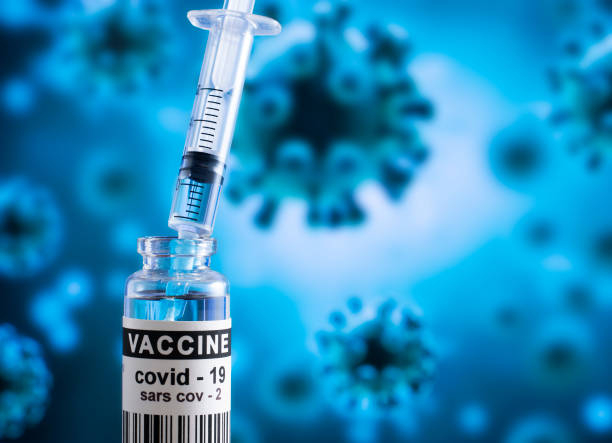
istockphoto 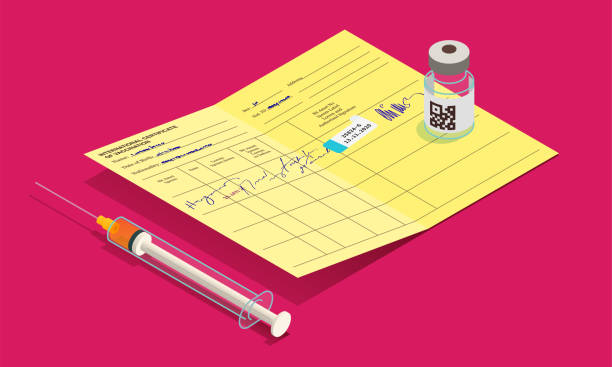
istockphoto -
True, the MHRA has given the business Genpact a contract to develop an artificial intelligence platform to monitor complaints of adverse effects from COVID-19 vaccinations. However, the government claims that this is not evidence of foreknowledge of vaccination hazards. Furthermore, a report of an adverse event does not indicate that the occurrence or response was caused by a vaccination.
"We have a range of tools and technologies to enable the safety monitoring of any COVID-19 immunization effort", the MHRA said in a November 2020 statement to NewsGuard. One aspect of this will be the usage of AI. We treat every report of a possible side effect carefully, and we combine this examination with statistical analysis of clinical records".
"Based on the existing published findings from the Phase One and Two clinical studies, we do not currently foresee any unique safety issues with COVID-19 vaccinations". the FDA stated. We anticipate that the overall safety profile will be comparable to that of other kinds of vaccinations. A COVID-19 vaccine will be deployed only if it has been shown safe and efficacious in rigorous clinical studies and is licensed for use".
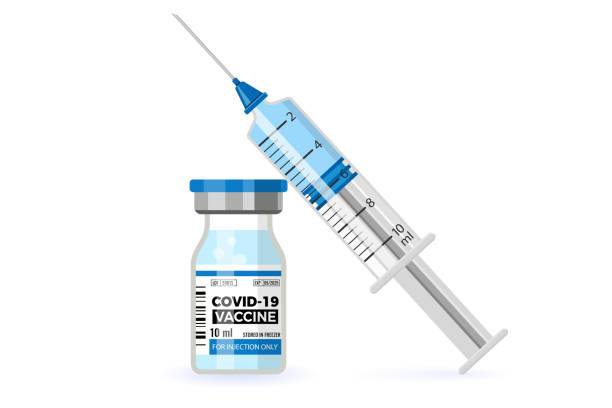
istockphoto 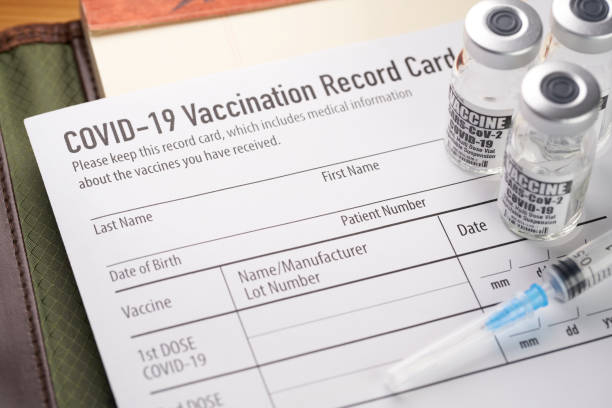
istockphoto -
There were two deaths among the 21,000 participants in the study who got Pfizer and BioNtech's COVID-19 vaccine, however those deaths were not attributed to the vaccination by the US Food and Drug Administration. According to a December 2020 FDA document reporting the fatalities, "one suffered a cardiac collapse 62 days after immunization #2 and died three days later, while the other died from arteriosclerosis three days later." In the instance of the second fatality, the individual had "baseline obesity and pre-existing atherosclerosis", or a narrowing of the arteries, according to the paper.
Four fatalities were also recorded among the 21,000 study participants who got a placebo. The fatalities "reflect occurrences that occur at a similar rate in the general population of the age categories where they occurred", according to the FDA paper. To assess the vaccine's safety, the study documented "severe adverse events", which are defined by the US National Library of Medicine as any medical occurrence that results in death, hospitalization, or significantly interferes with daily living functions. According to the FDA filing, only two adverse events identified in the Pfizer/BioNTech study were thought to be attributable to the vaccine: a shoulder injury and enlarged lymph nodes, a common and normally benign illness.
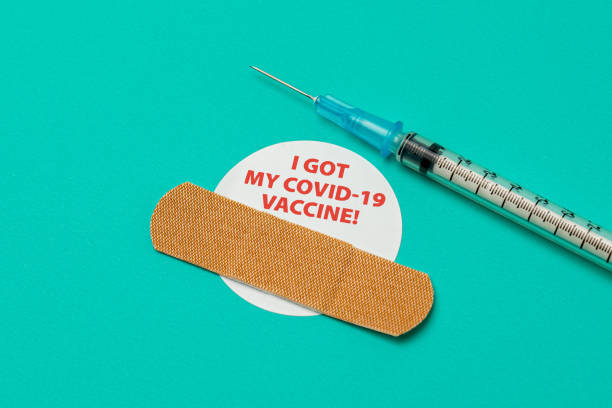
istockphoto 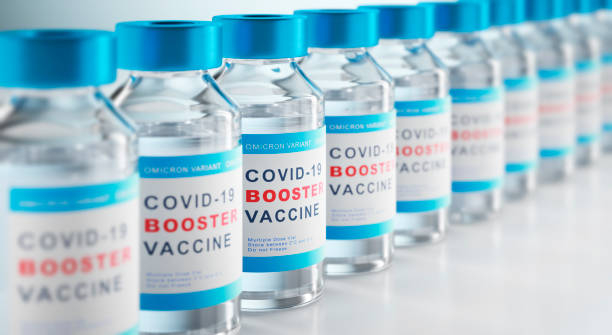
istockphoto -
While all viruses continually mutate, the World Health Organization stated in December 2020 that "SARS-CoV-2, the virus that causes COVID-19, tends to change more slowly than others like HIV or influenza viruses". The flu vaccination is updated annually due to the faster mutations in influenza viruses.
Preliminary laboratory investigations on the first two COVID-19 vaccines approved for use in the United States — one developed by Pfizer/BioNTech and the other by Moderna — indicated that their vaccinations are still effective against the B.1.1.7 strain, which was initially detected in the United Kingdom. Although the research indicated that immunizations were less effective against the B.1.351 mutation seen in South Africa, there was no indication that the mutations would completely invalidate the advantages of the vaccines.
"You might reduce the vaccine-induced antibody effectiveness by a few folds and still be well within the vaccine's protective range", Dr. Anthony Fauci, head of the National Institute of Allergy and Infectious Diseases in the United States, said in a White House briefing on Jan. 27, 2021.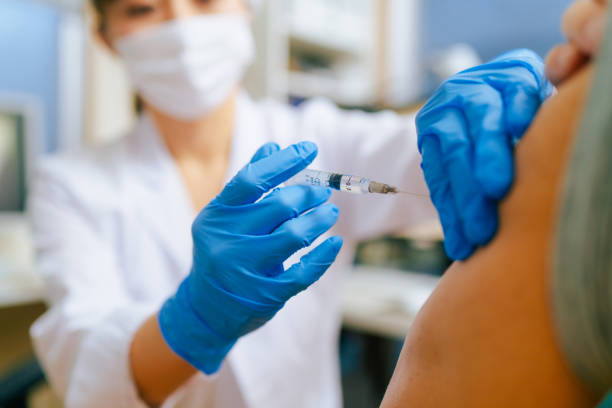
istockphoto 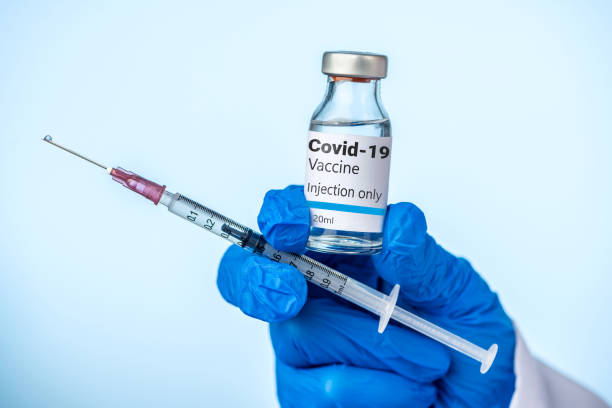
istockphoto -
As of January 2021, none of the vaccinations approved for broad use in the United States or Europe include the live virus that produces COVID-19 virus. "This implies that a COVID-19 vaccination cannot get you sick with COVID-19", according to the Centers for Disease Control and Prevention. The CDC did emphasize, however, that the existing vaccinations require two doses, and that it will take some time for the body to develop antibodies against the COVID-19 virus following immunization. "This implies that a person might be infected with the virus that causes COVID-19 shortly before or immediately after immunization and still become unwell", according to the CDC. "This is because the vaccination did not have enough time to protect."
COVID-19 instances in fully vaccinated people are still conceivable since none of the existing vaccinations have been shown to be 100 percent effective in preventing symptomatic COVID-19 cases. According to the Children's Hospital of Philadelphia, the immunizations may not prevent asymptomatic infection, which means that vaccine recipients may become sick, exhibit no symptoms, and unknowingly spread the virus.
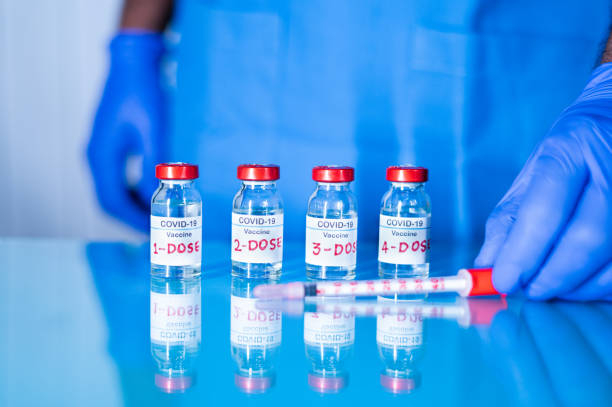
istockphoto 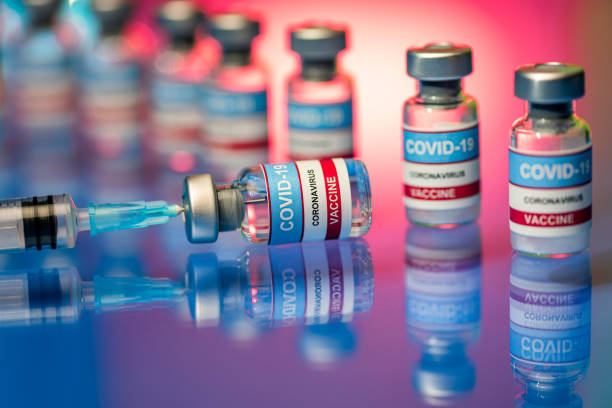
istockphoto -
"To date, no data has suggested a rise in miscarriages following Covid-19 immunizations, and no alarming patterns of reporting have been detected", a representative for the Centers for Disease Control and Prevention told Agence France-Presse in February 2021. The British Fertility Society and the United Kingdom Association of Reproductive and Clinical Scientists declared in a February 2021 paper that COVID-19 immunizations "will not alter your risk of miscarriage".
Sources suggesting a relationship between miscarriages and COVID-19 immunizations typically referenced data from the CDC's Vaccine Adverse Event Reporting System (VAERS) and the United Kingdom's Medicines and Healthcare Products Regulatory Agency's (MHRA) Yellow Card program. Both of these systems collect unverified reports of potential vaccination adverse effects that anybody can submit and do not show that the vaccine caused the alleged reaction.
"There is no trend to suggest an enhanced risk of miscarriage associated to exposure to the COVID-19 vaccinations in pregnancy", an MHRA representative told Reuters in March 2021. Unfortunately, miscarriage is anticipated to occur in roughly 1 in 4 pregnancies in the UK (outside of the pandemic), with the majority occurring in the first 12 weeks (first trimester) of pregnancy, so some losses would be expected to occur merely by chance following vaccination".
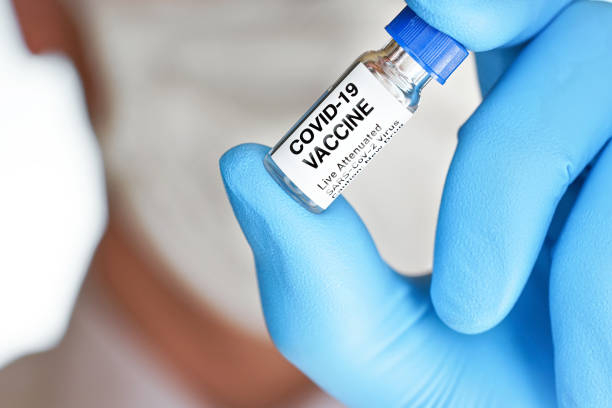
istockphoto 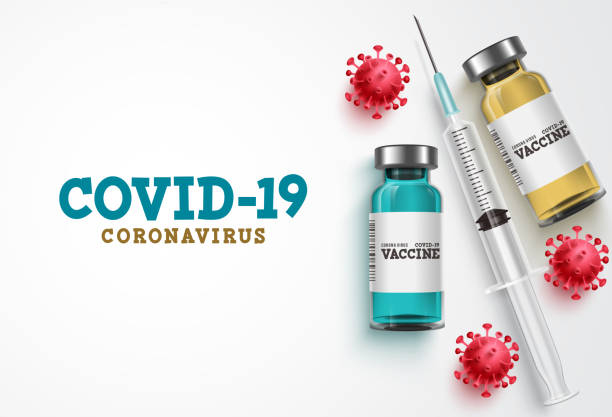
istockphoto

















